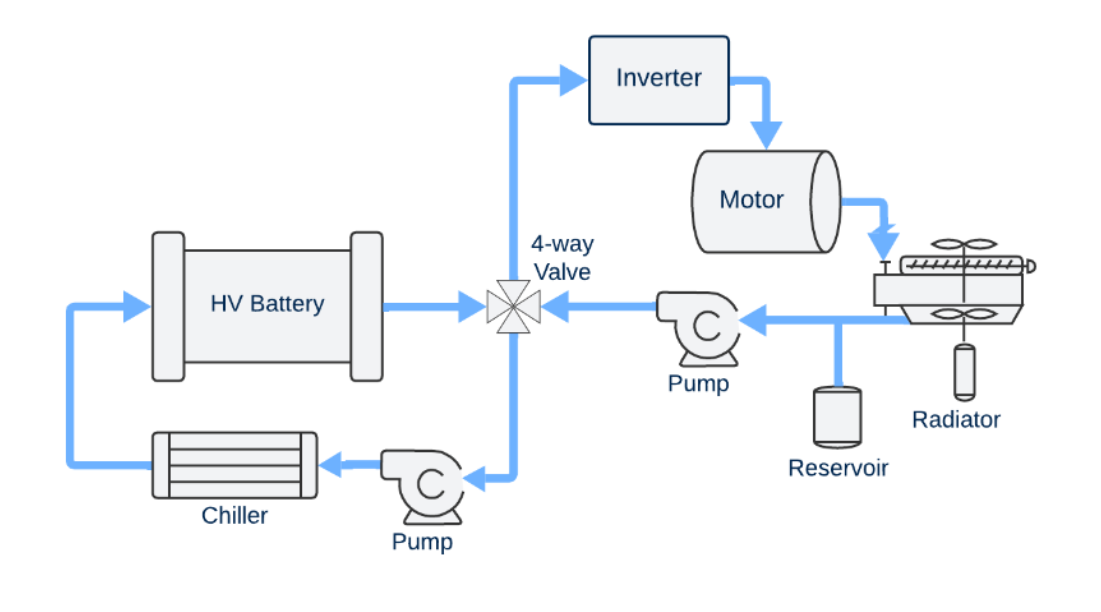📌 A Deep Divide: Trump’s MAHA Report vs. Cuts to Chronic Disease Research
The Trump administration has publicly pledged to take aggressive action against America’s chronic disease crisis — yet its own budget decisions paint a starkly different picture.
At the heart of this tension is the MAHA Report — the “Make America Healthy Again” plan — which lays out an ambitious vision to combat rising rates of chronic illnesses, including childhood conditions linked to environmental exposures. President Trump unveiled this report at the White House alongside key figures like Health Secretary Robert F. Kennedy Jr., promising “fearless, gold-standard science” to protect American health.
But scientists, research institutions, and public health leaders say the administration’s actions undercut those promises. While the MAHA Report highlights the need for robust research on chronic diseases and environmental factors, federal funding for that very research has been slashed or abruptly terminated.
🔬 Research Halted, Grants Terminated
In recent years, the administration has canceled thousands of federal grants, froze funding pipelines, and eliminated long-standing research programs. Examples include:
-
A $1.4 million EPA grant to Johns Hopkins and UCSF to study how young children are exposed to chemicals through dust and soil — shut down before full analysis could begin.
-
A similar grant supporting the Center for Early Life Exposures and Neurotoxicity at UNC-Chapel Hill ended prematurely this spring.
-
Long-term public health studies at Harvard, like the Nurses’ Health Study, have lost critical NIH funding needed to follow hundreds of thousands of participants and maintain millions of biological samples.
Researchers say these cancellations threaten to erase decades of work tracking the links between environmental exposures and conditions like autism, ADHD, cancer, and metabolic disease — all issues the MAHA Report itself cites as urgent areas for action.
🏛️ Conflicting Priorities
Despite the report’s stated goals, Trump’s proposed budgets outline sweeping cuts:
-
NIH funding slashed by $17 billion (38%)
-
CDC funding cut by $550 million (12%)
-
EPA research support halved
Even the National Center for Chronic Disease Prevention and Health Promotion — a $1.4 billion CDC unit tracking trends like childhood diabetes — is on the chopping block. Experts argue these moves undermine the administration’s own calls for earlier detection, prevention, and better data on chronic illness.
⚡ Corporate Influence Fills the Gap
The MAHA Report warns that too much chronic disease research relies on industry funding, which can introduce bias. Yet by gutting public investment, critics say the administration is ironically forcing universities to lean more heavily on the very corporate dollars it condemns.
For example, Harvard’s School of Public Health is now seeking more industry partnerships to keep long-term health studies afloat. “If you devastate government research funding, the share of industry influence inevitably rises,” said Alonzo Plough of the Robert Wood Johnson Foundation.
🧪 Scientists Fear a Chilling Effect
Beyond funding, many researchers describe a climate of fear and censorship.
Members of the National Academies have publicly accused the administration of “destroying scientific independence” and pushing scientists to alter or abandon work that conflicts with political goals. Topics affected include health disparities, climate change, and gender identity.
Adding to these concerns, Kennedy has suggested the government should create in-house journals and block federal scientists from publishing in major peer-reviewed outlets like The Lancet or The New England Journal of Medicine. Many experts warn that this move would limit transparency and slow progress, describing it as “a disaster for science.”
🔍 Looking Ahead
The contradictions between the MAHA Report’s lofty promises and the administration’s cuts have left scientists scrambling to protect critical research. As one Harvard epidemiologist put it: “Our ability to do exactly what the administration says it wants is now in jeopardy.”
Public health advocates argue that reversing these funding cuts — and ensuring independent, transparent research — is the only way to meaningfully address America’s chronic disease crisis.








